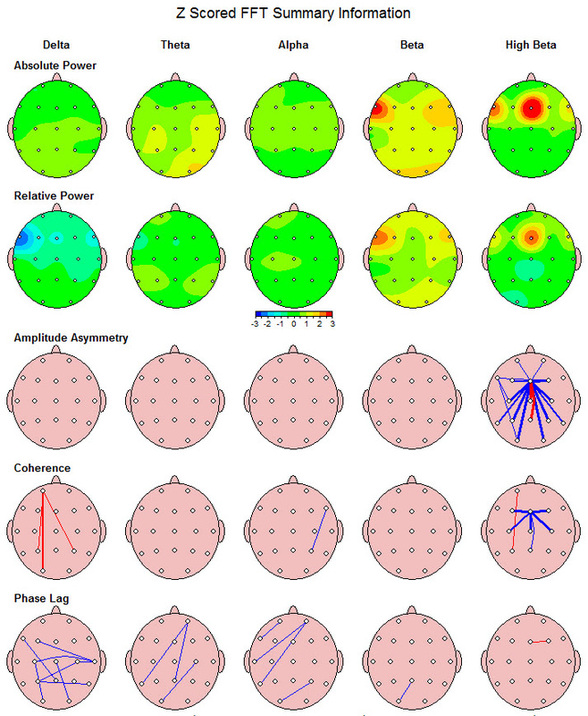Investigating The Way Sleep Ailments Disrupt Neural Oscillation Activity and Impact Cognitive Performance
Investigating The Way Sleep Ailments Disrupt Neural Oscillation Activity and Impact Cognitive Performance
Blog Article
Sleep is an essential part of our everyday lives, allowing our bodies and mental faculties to rest and rejuvenate. However, many individuals suffer from sleep disorders, which can significantly disrupt sleep patterns. These disorders can lead to multiple issues, including changes in brainwave activity. Brainwaves are electronic signals in the brain that indicate our mental state and activity. When sleep is disturbed, the normal patterns of neural waves can be affected, resulting to problems with mental function, such as recall, attention, and decision-making.
There are various types of sleep disorders, including insomnia, sleep apnea, and unsettled leg syndrome. Insomnia is defined by difficulty going or staying asleep, while slumber apnea entails interruptions in respiration during sleep. Unsettled leg syndrome causes discomforting sensations in the limbs, resulting to an compelling urge to move them. Each of these disorders can disturb the normal slumber cycle, which consists of various stages, including light sleep, deep sleep, and REM (rapid eye movement) sleep. Each stage plays a vital role in maintaining overall cognitive health and function.
When slumber disorders interfere with these stages, brainwave activity can become erratic. For example, during deep sleep, the mind produces slow delta waves, which are essential for physical restoration and memory consolidation. If a individual undergoes frequent awakenings or does not reach profound sleep, the generation of these delta waves is diminished. This can lead to challenges in acquiring new knowledge and retaining memories. Additionally, REM sleep, which is associated with dreaming and emotional processing, is also impacted. Disruptions in REM sleep can result to problems with emotional regulation and inventiveness.
The impact of slumber disorders on cognitive function is significant. Research has demonstrated that people with sleep disorders often experience challenges with focus and concentration. This can affect their capability at school or work, making it challenging to finish tasks or participate in discussions. Furthermore, long-term sleep deprivation can lead to emotional changes, increased stress, and even nervousness or depression. These mental and emotional challenges can create a cycle, where inadequate sleep results to cognitive difficulties, which in turn can lead to more slumber problems.
Tackling slumber disorders is crucial for enhancing brainwave activity and mental function. Treatment options may include habitual changes, such as establishing a regular sleep schedule, establishing a comfortable slumber environment, and engaging in relaxation techniques. In some cases, medical intervention may be click to read required, such as employing a CPAP machine for slumber apnea or medication for insomnia. By prioritizing slumber and pursuing appropriate treatment, individuals can enhance their overall cognitive abilities and improve their quality of life. Understanding the relationship between sleep disorders, brainwave activity, and mental function is an important step toward improved health and well-being.